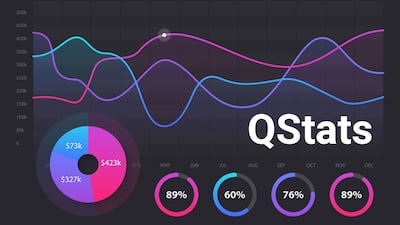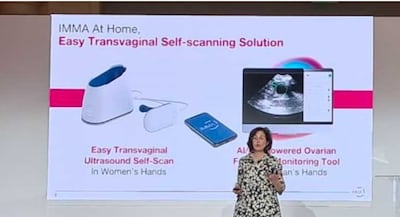
In Vivo
A new AI-based platform is designed to condense months of clinical data analysis into minutes by translating plain language data queries into epidemiologically valid research requests.
Emerging research reveals that biological sex differences may significantly influence Alzheimer’s disease progression and treatment efficacy, underscoring the urgent need for sex-specific analysis in clinical trials and therapeutic development.
An interactive look at pharma, medtech and diagnostics deals made during July 2025. Data courtesy of Biomedtracker.
China has rapidly expanded its clinical trial footprint since 2015, driven by regulatory reforms and increased investment in pharma R&D. By 2023, it matched the US in trial volume. Oncology leads, but biologics are leading in momentum.
Merck and Lilly are among the leading pharma players using space-based research to power drug development. From reusable satellites to process drugs in low earth orbit to biomanufacturing labs experts discuss R&D opportunities in the starry canvas above.
Leaders of robotic systems companies Distalmotion, Neocis and Noah Medical discussed success metrics, competition and funding. Institutional investors are focusing on utilization, procedure rates and a clear path to profitability as the IPO window reopens, BTIG analyst Ryan Zimmerman said.
Richard Wilson, SVP and primary focus lead for genetic regulation at Astellas, talks with In Vivo about the company's commitment to AAV as a gene therapy delivery vehicle, recent company investments and the regulatory environment under Trump's FDA.
Entrepreneurialism is in the blood of Israel’s medtech innovators, but in a changing medtech world, the local ecosystem must address funding gaps and manufacturing and infrastructure needs. So says Ruti Alon, experienced Israeli medtech leader, investor and co-chair of the Biomed Israel conference.
During Q2, biopharma merger and acquisition deal value reached $24.6bn and drew in $60.7bn in potential deal value from alliances. Device company M&A values reached $223m, while in vitro diagnostics and research tools players’ M&A activity totaled $802m.
Facing rising costs and tighter regulations, PBMs and insurers are accelerating the shift to value-based drug coverage, demanding stronger proof of therapeutic and economic benefit from pharma.
Akelos is developing a first-in-class, non-addictive HCN1 inhibitor for peripheral neuropathic pain, based on anesthesiology research from Weill Cornell. The compound is designed to avoid the brain and heart, and has shown strong preclinical efficacy and safety with NIH backed development underway.
As gene therapy advances and regulations tighten, biopharma companies face growing pressure to design diagnostic assays that are both flexible and future ready. Strategic early investment in assay development can prevent costly delays and rework as therapies progress toward approval.
In the latest episode of the In Vivo Podcast, Jeremy Skillington, CEO of Poolbeg Pharma, discussed the company’s ambitious pipeline and strategic direction.
Lonza is addressing the growing global demand for biologics by utilizing its expert teams and the advanced capabilities of its newly acquired large-scale manufacturing site in Vacaville, California. Joanna McCafferty, Director of Commercial Development, shares more in this brief video. Ask ChatG
Understand who’s influencing access decisions and how pharma can engage strategically across the continent.
Pharma leaders are shifting from AI pilots to enterprise-scale deployment, favoring external partnerships for efficiency gains while maintaining tight control over sensitive clinical data.
John Arena, president of Global Pharma Services at Cencora, talks to In Vivo about how companies can strategize market entry for oncology products.
During Q2, biopharmas brought in an aggregate $17.5bn in financing and device company fundraising totaled $2.7bn; while in vitro diagnostic firms and research tools players raised $1.7bn
IMMA’s transvaginal at-home ovarian stimulation monitoring system using ultrasound and AI image analysis increases the chances of early IVF success. It won the Biomed Israel 2025 IVD start-up showcase award. Further potential applications could follow, cofounder/CEO Beatrice Chemla told In Vivo.
Replimune's RP1 oncolytic immunotherapy became the third regenerative medicine to receive an FDA complete response letter this month as the agency appears to re-visit previous agreements about accelerated approval.

















